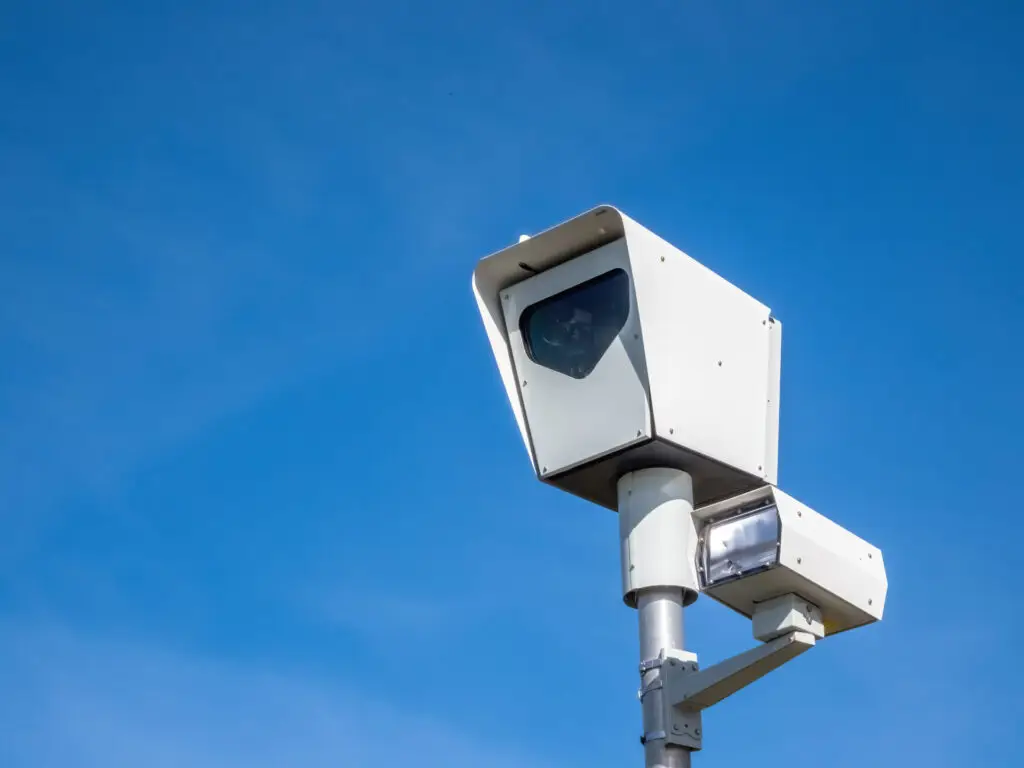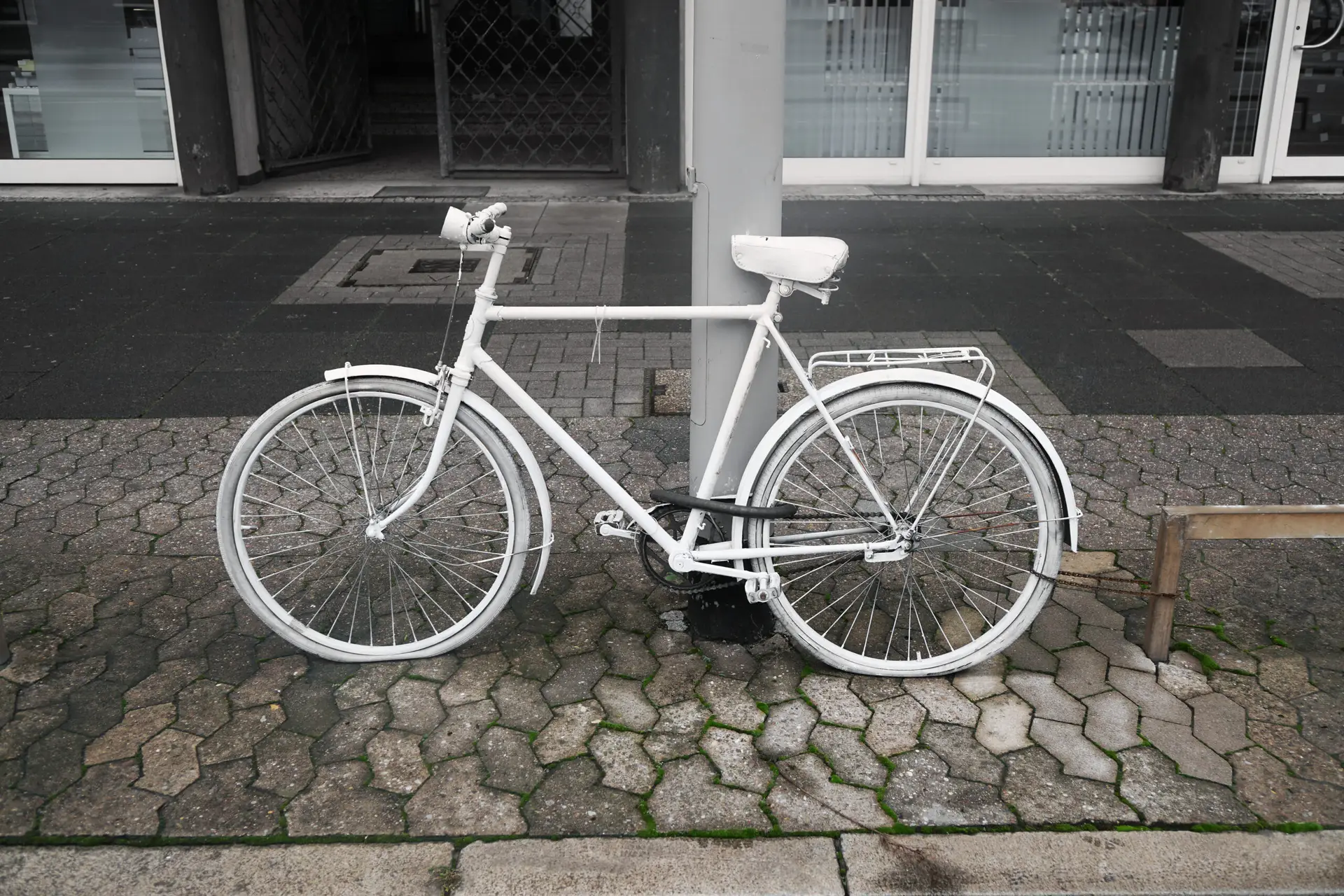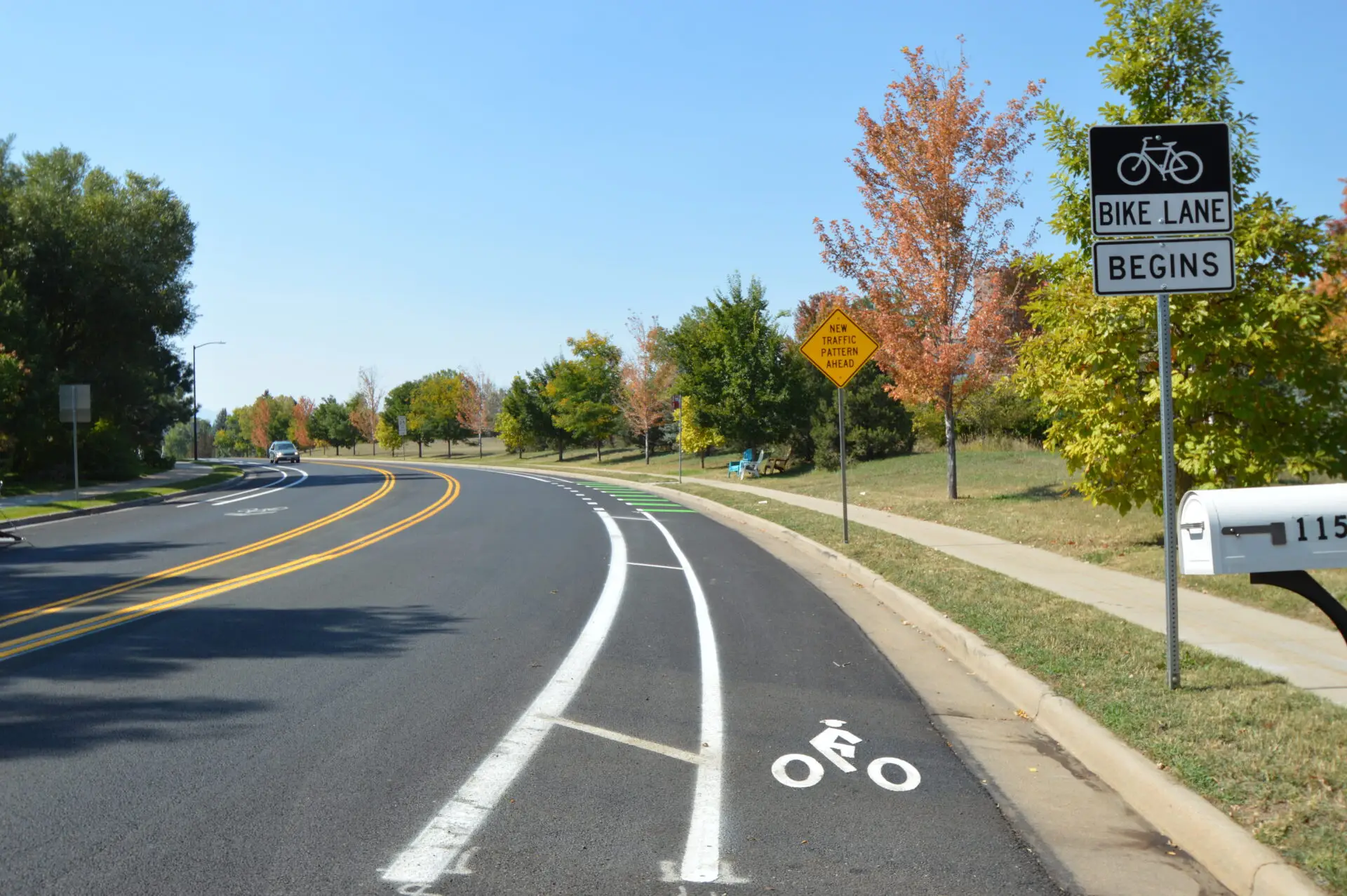Building bicyclist and pedestrian infrastructure is one of the most impactful ways to improve safety, which is why securing public funding for these projects is key to Bicycle Colorado’s work. We have good and bad news to report on this front. First, the bad news.
The Bad News
In large part due to the Taxpayer Bill of Rights (“TABOR”), our state is facing a $1.2 billion deficit for the fiscal year beginning July 1, 2025, and ending June 30, 2026. This means our elected officials must decide what does and does not get funding, and Coloradans will likely face a reduction in services.
Although a wide array of programs will face cuts, the latest draft budget reflects that biking, walking, and public transportation will absorb some of the largest reductions. The Joint Budget Committee (JBC), which is tasked with crafting the state’s annual budget, last week voted to claw back about $71 million in transportation grants that had been awarded to local governments — money that had already been approved for multi-modal transportation projects, like bike lanes and safer pedestrian crossings, but wasn’t yet under contract. The JBC also eliminated a $7 million Revitalizing Main Streets grant program that helps communities redevelop their downtowns.
Bicycle Colorado actively advocated for the Revitalize Main Streets Program and its predecessor, the Safe Streets Program. To understand how this program has benefited urban, suburban, and rural communities across Colorado, you can see a list of Safe Streets projects and the Revitalized Main Streets project.
We will make our voices heard regarding the state budget and funding for multimodal projects. We also need to be creative and explore all options for securing funding, which brings us to the good news.
The Good News
Last year, Bicycle Colorado joined other advocates to support legislation requiring a new annual fee on vehicles to fund bicyclist and pedestrian infrastructure. Unfortunately, the bill, as originally conceived, did not pass. Last week, Colorado lawmakers Representatives Andy Boesenecker and Meghan Lukens and Senators Faith Winter and Dylan Roberts introduced Funding for Motor Vehicle Collision Prevention (HB25-1303), a crucial measure that aims to reduce crashes with vulnerable road users like bicyclists and pedestrians and wildlife-vehicle collisions.
If signed into law, starting on January 1, 2026, an annual fee of $3.50 would be added to each automobile insurance policy. This fee will generate just under $100 million over five years, with 70% of the funds invested in infrastructure projects to protect vulnerable road users and 30% in reducing crashes between motor vehicles and wildlife. We know you are well-informed on the risks faced by vulnerable road users, but you may be less knowledgeable about the extent of the problem of vehicle collisions with wildlife; to learn more about this, click here.
Faced with cuts to the state budget and with the demand for bicyclist and pedestrian infrastructure exceeding supply (e.g., Colorado’s recently released 2035 Transportation Vision calls for adding 5,000 new miles of bike lanes and 1,900 miles of sidewalks by 2035 to meet our state climate and mode shift goals, and calls for greater investments in complete street infrastructure, including pedestrian and bicycle improvements, it’s essential we advocate for bills such as HB25-1303.
Other 2025 Legislation
Bicycle Colorado is currently working on multiple bills that will impact access to safe biking and walking, including a bill to promote the safe adoption of e-bikes. Learn more about this bill, HB25-1197, and why we support it. To learn more, view our current legislative session tracking.
The Latest on Speed Cameras
Cameras were first used to combat speeding in 1987. Over the past three decades, this technology has been refined to become one of the most cost-efficient, non-biased, and effective ways to discourage people from running red lights, speeding, and passing stopped school buses loading and unloading children.
This is why in 2023, Bicycle Colorado successfully advocated for the passage of Senate Bill 200, which made it easier for local municipalities to expand the use of speed cameras. Almost two years after the governor signed this bill into law, little has changed. Only recently have we started to see some movement. For example, this spring, the Colorado Department of Transportation will begin installing speed cameras in construction zones, and the City of Fort Collins recently enhanced red light cameras also to enforce speeding violations, added two mobile speed camera units to its inventory, and designated 21 “speed corridors” for enforcement.
The pace of change is too slow, which is why Bicycle Colorado is creating an implementation toolkit and will work with grassroots advocates to engage mayors, city council members, transportation departments, and law enforcement agencies to accelerate the installation of this technology.
If you want to advocate for using this technology in your community, please email us at [email protected].




